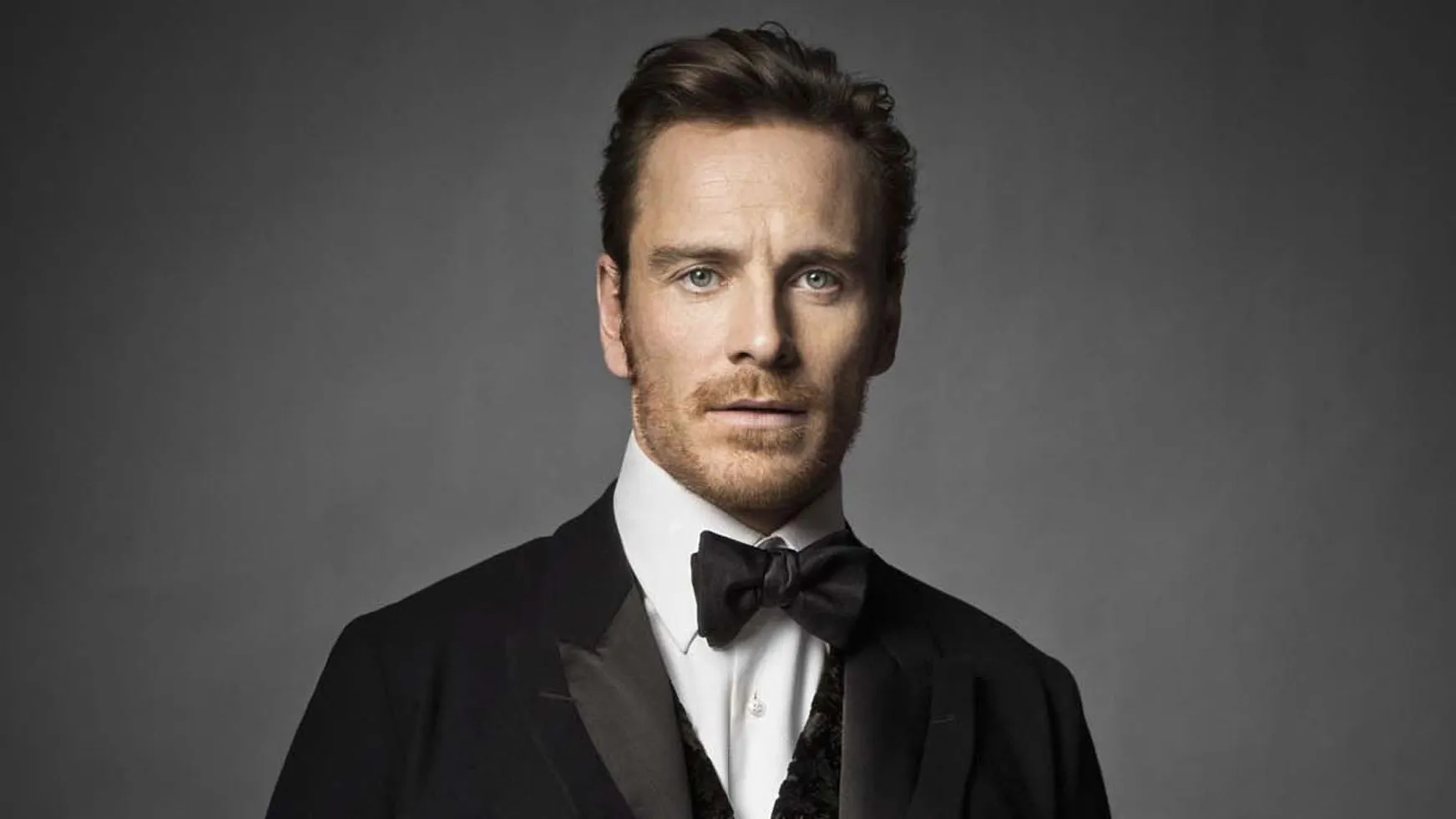In the vibrant tapestry of superhero cinema, few characters have captured the imagination and sparked debate quite like Magneto, the magnetic mutant of the “X-Men” series. Originally brought to life by Sir Ian McKellen and later reimagined by Michael Fassbender, Magneto remains one of the most nuanced characters in the genre. His portrayal challenges the black-and-white morality often found in superhero narratives, presenting a complex figure whose actions resonate deeply with historical and psychological undertones.

Michael Fassbender’s Take on Magneto: A Reflection of Depth
During a recent interview with Collider, Michael Fassbender expressed his dissatisfaction when the interviewer labeled Magneto as ‘evil’. Fassbender, taking a cue from McKellen’s own reflections on character complexity, highlighted the inadequacy of such a simplistic label.
“Well I think Ian McKellen might have a problem with that. I’ve seen an interview with him speaking about Iago and how he’s an evil character and he’s like, ‘Evil, I don’t know what to do with that word.’ And that’s true, trying to unravel a character, ‘evil’ is just too broad a word and too cloudy a word—how do you access it, and how do you bring that characteristic and display it in a character without being ‘Mwahahaha!’”
This sentiment resonates with many fans who see Magneto not as a villain in the traditional sense, but as a tragic figure shaped by the traumas of his past. His motivations stem from a history marred by loss and discrimination, aspects that Fassbender has thoughtfully woven into his portrayal.

The Psyche of Erik Lehnsherr: Trauma and Response
The character of Erik Lehnsherr, also known as Magneto, is a study in the impact of profound personal trauma. As Fassbender notes:
“[Magneto’s] somebody who’s been injured, somebody who’s had all his loved ones taken away from him. He’s quite singular in his thoughts and yes there’s an element of a megalomaniac in there, and an aspect of a dictator for sure. So I always had those things in mind when I was playing him, so I don’t think it’s any more of a progression towards Ian’s Magneto. I think he was kind of doing the same thing.”
This perspective sheds light on Magneto’s actions which, while often destructive, are driven by a deep-seated desire for the protection and survival of his kind. His approach starkly contrasts with that of his counterpart, Charles Xavier, who opts for peaceful coexistence.
The Dichotomy of Peace and Force in Mutant Ideology
The ideological battle between Magneto and Professor Charles Xavier is emblematic of broader themes in society—how to respond to injustice and oppression. While Xavier advocates for integration and peace, Magneto, hardened by his experiences during the Holocaust and beyond, sees no recourse but force to ensure the survival of mutants. This clash of ideologies adds layers to their characters, making them more relatable and their conflicts more poignant.
In “X-Men: Days of Future Past”, the nuanced portrayal by McKellen and his counterpart, Patrick Stewart, highlights the deep-seated philosophical differences that define their characters. It is this depth that makes fans reluctant to brand Magneto as simply evil.

Magneto remains a beloved character precisely because of his complexity. He embodies the blurred lines between hero and villain, and his story encourages audiences to reflect on the nature of evil and justice. As the “X-Men” franchise continues to evolve, it is clear that characters like Magneto will remain at its heart, challenging viewers to question their own perceptions of morality and redemption.
In the landscape of superhero cinema, few characters offer as rich a narrative or provoke as much thought as Magneto. His portrayal is a testament to the power of storytelling that embraces shades of gray rather than simple binaries.
